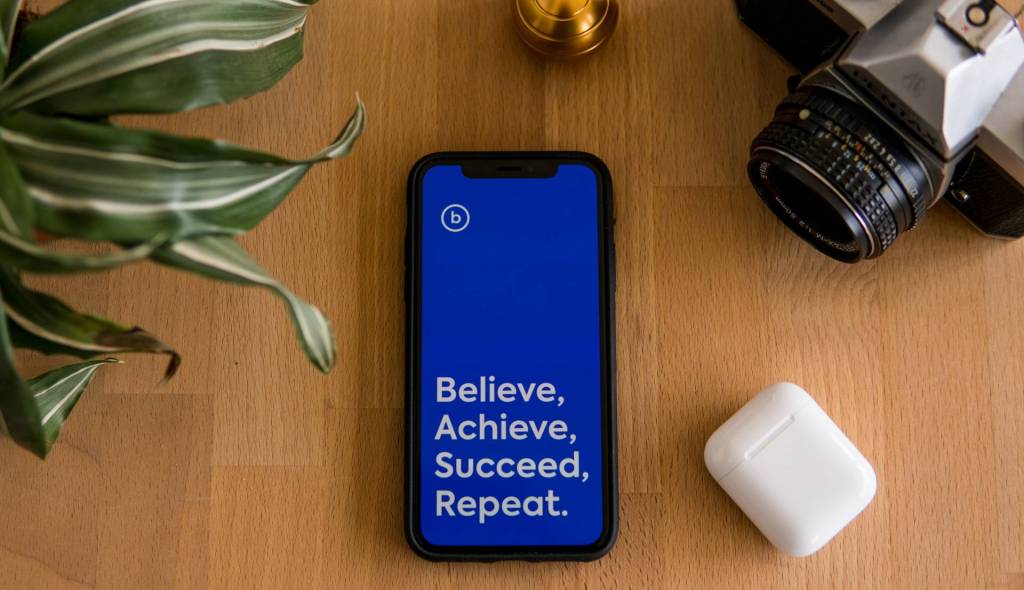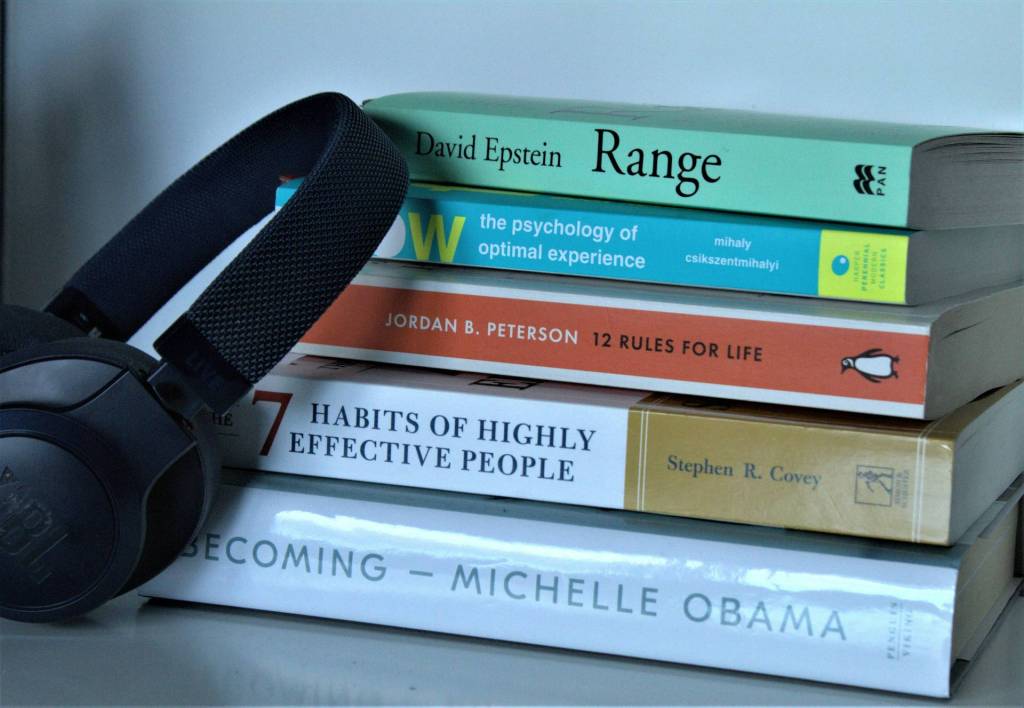 If you have ever watched the White House briefings you may have noticed the reporters always have a follow on question at the ready. Of course this is to be expected as they are professionals in the reporting business. You should take a page from their playbook and also be ready with that follow on question. But first it is critical that you think hard about your first question. By doing so you will be able to prepare yourself to deliver the Phase Two second question.
If you have ever watched the White House briefings you may have noticed the reporters always have a follow on question at the ready. Of course this is to be expected as they are professionals in the reporting business. You should take a page from their playbook and also be ready with that follow on question. But first it is critical that you think hard about your first question. By doing so you will be able to prepare yourself to deliver the Phase Two second question.
Phase One is important. That’s the first question. Phase Two is (perhaps) more important. You should be ready for the second phase of the conversation. Being ready means thinking hard about the Phase One question because it will lead into a rock solid Phase Two question. The point of this post is to help you think harder about Phase One questions so that you can ask better Phase Two questions. There is a reason for this. I promise.
Of course, as you may have noticed in those White House briefings the reporters are not always given the opportunity to ask that second question. Which is why it is important to make sure you get your best question asked up front.
Phase Two Preparation
Before getting to Phase Two you need to make sure your Phase One question is the best it can be. Yes, ask the question. Always ask the question. But first Think. Think. Think. Be prepared to think through the question you want to ask. You want to make sure you are not asking something obvious – which by implication is something you may have been able to think through and come up with an answer before asking it out loud. You want to make sure you are making the Phase One question succinct enough to get the response you are seeking. And, of course, you want to be thinking about what your follow on question or action will be. As you get more proficient at asking the Phase One first questions you will find that your Phase Two second question becomes a very efficient tool for reinforcing the points you were seeing in question one.
Beyond Asking the Question
Anyone can ask a question. But, the best question askers always have a follow up question or action. Just like those White House reporters you should KNOW WHY you are you asking the initial question. And, you should also know why you are asking the second (and perhaps third, fourth and fifth) questions. You may not be allowed to ask every question you want, but you should be prepared just in case you are given the opportunity. You should be prepared for what comes next. Most questions will be answered … eventually. You should think about how you will respond to each possibility. No matter what that possibility might be.
Be Prepared for the Yes, No and Maybe
Whether you are asking someone to help you with a project at work, to be a mentor or for something else. You should be ready for at least one of the following three answers AND you should know what you are going to do next (Phase One and Phase Two).
- What if they say Yes?
- What if they say No?
- What if they say I need to think about it?
What will you say? This is why you need to know what your next question or at least your response will be.
A Yes is Fine. A No is Fine. A Maybe is not.
I have a general rule of thumb I have used for many years. It was especially helpful when I worked at Microsoft. It was that a Yes is fine, a No is fine, but a Maybe is not. Maybe doesn’t move the conversation forward. Maybe is a cop-out and a delaying tactic. By the way… I am completely OK with a No response. It lets me know where I stand. And, if needed I can dig into a no response. It’s much harder to dig into a Maybe response.
Be Ready for Action
Sometimes a Phase Two follow up question is not required but a next step for a plan of action is. For example, let’s say you are asking someone to be your mentor. If they say yes. Great! Now what? You should have a plan of action. Be ready for action… no matter what the response might be.
Business Questions should NOT be Interrogations
Or at least they shouldn’t be. There are specific roles for interrogatory questions. When asking for something it’s always a good idea to have a plan of action built into your question. This is not to say you are trying to manipulate people with your questions. Of course, everyone has an angle and most people have a job to do. This does not mean your questions should seek to manipulate the person you are asking. If your questions start to slide into this mode of questioning several things will happen. People will avoid you and they will respond to your line of questioning in ways that will not elicit the responses you are seeking. Hopefully you will notice this behavior yourself and if you are lucky you’ll have a few friends that are willing to tell you (in a nice way) to cut it out.
Phasing it All In
Being prepared by thinking for at least a few moments about your Phase One question is critical. That first question may be the only one you get. At a minimum that phase one first question sets the tone and the pace of your line of thinking and to your level or preparedness. To be truly prepared you will know what you want for the Phase Two second question too. When you think through your questions and the possible responses along with what you might want to ask as a follow up you will feel more at ease. When the first question flows off your tongue you will know that you are ready. Note: I put the point about not being an interrogator in there because no one likes that. Leave those kinds of questions for the prosecuting attorneys.
Being prepared with insightful and well thought out questions is a trait that will help everyone Stand Out in their Career. When done consistently people will take notice and seek you out for your ability to get to the root of the issue. As your ability to ask better questions… both Phase One and Phase Two… grow your ability to think more critically will also continue to develop. You will be able to focus on the challenge at hand and move onto other aspects where your increased ability to ask great questions can be put to good use. By doing this you will also be able to make the tough decisions on where to spend your time and effort to grow your career. Which makes you that much more in demand.
Practice makes perfect. The more you practice your Phase One questions the better you’ll be at coming up with great Phase Two questions.
So, my first question to you is… What will you do to prepare yourself to ask better questions? And, my Phase Two question is… When will you get started?












